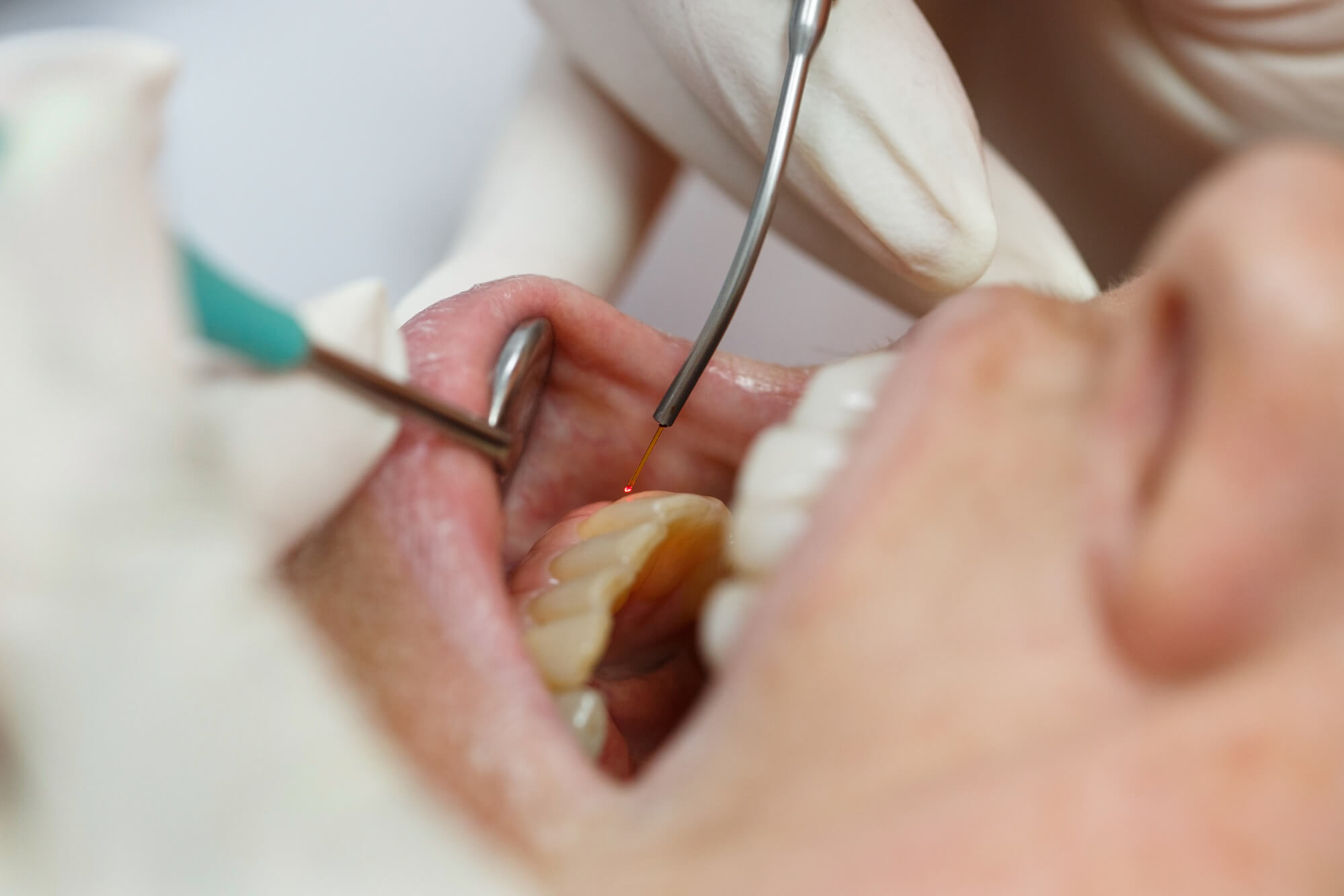Observing good dental hygiene should keep advanced gum afflictions at bay. However, if your infection has become uncontrollable, gum disease treatment in Issaquah, like surgery, is your last resort.

Gum surgery helps patients stop the effects of worsening gum infection. This treatment is crucial to prevent tooth loss, one of the most immediate effects of gingival afflictions. If left untreated for a longer time, the bacterial contamination might spread to the bloodstream. From there, it could travel to other parts of the body.
Many patients ask whether gum disease can heal without professional intervention, but advanced cases often require much more than home care.
The infection of the gums progresses in two stages. One of these stages is reversible, while the other will require surgery to prevent the damage from increasing and affecting neighboring parts of the mouth.
Gingivitis means “gum inflammation.” It is the result of plaque build-up near the dental roots. Plaque attacks both the root and the gums. Bacteria will accumulate near the gum line and cause painful inflammation. Without proper oral hygiene, the plaque can become tartar – a bacteria-filled hard shell that takes a lot of work to remove.
This stage is treatable with antibiotics and can be reversed by regularly brushing and flossing the teeth and rinsing the mouth.
Periodontitis occurs if the inflammation continues to worsen. The irritation forces the gums to pull back from the teeth and expose pockets that the tartar can expand. Tartar encourages bacteria to multiply. Soon, these microbes cause damage to the tissue and eventually the bone. Over time, some of the teeth could become loose and fall out.
To stop the damage periodontitis wreaks on the gums, oral surgery may be necessary.
Once your dentist confirms that you need a surgical procedure for the gums, you will be given a future date for a visit. 24 hours before your scheduled operation, you will need to avoid any alcoholic drinks for the preceding 24-48 hours. Alcohol can reduce the efficacy of medication, including local anesthesia.
You also must abstain from consuming a large meal immediately before the surgery. A heavy meal can make you nauseous, interfering with the process.
You should obtain a leave of absence of at least three days from your work. Use this time to catch up on your sleep and allow your body to recover strength. Light activity is permissible, but you should rest 60% of the time immediately after surgery.
You should also stick to light foods while your wound has not fully healed. Avoid consuming hard and chewy foods because they will put pressure on the incision and interfere with the clotting process. This could lead to a painful dry socket and delayed recovery.
It’s also crucial that you watch what you drink. Avoid cold and hot drinks in the days following the procedure. Stick to warm water. You should also refrain from alcohol and cigarettes until the wound fully closes. Both substances contain chemicals that can impede healing and cause other complications.
Lastly, continue to observe proper oral hygiene. Neglecting to clean your mouth will allow bacteria to thrive and possibly infect the wound. Use a saltwater rinse after eating. Gently brush your teeth, but carefully avoid the incision site to prevent reopening the wound.

Visit us if you want to know if your gum disease is in the advanced stages. Book an appointment now. We’ll assess your stage of inflammation and determine if you need immediate surgery.